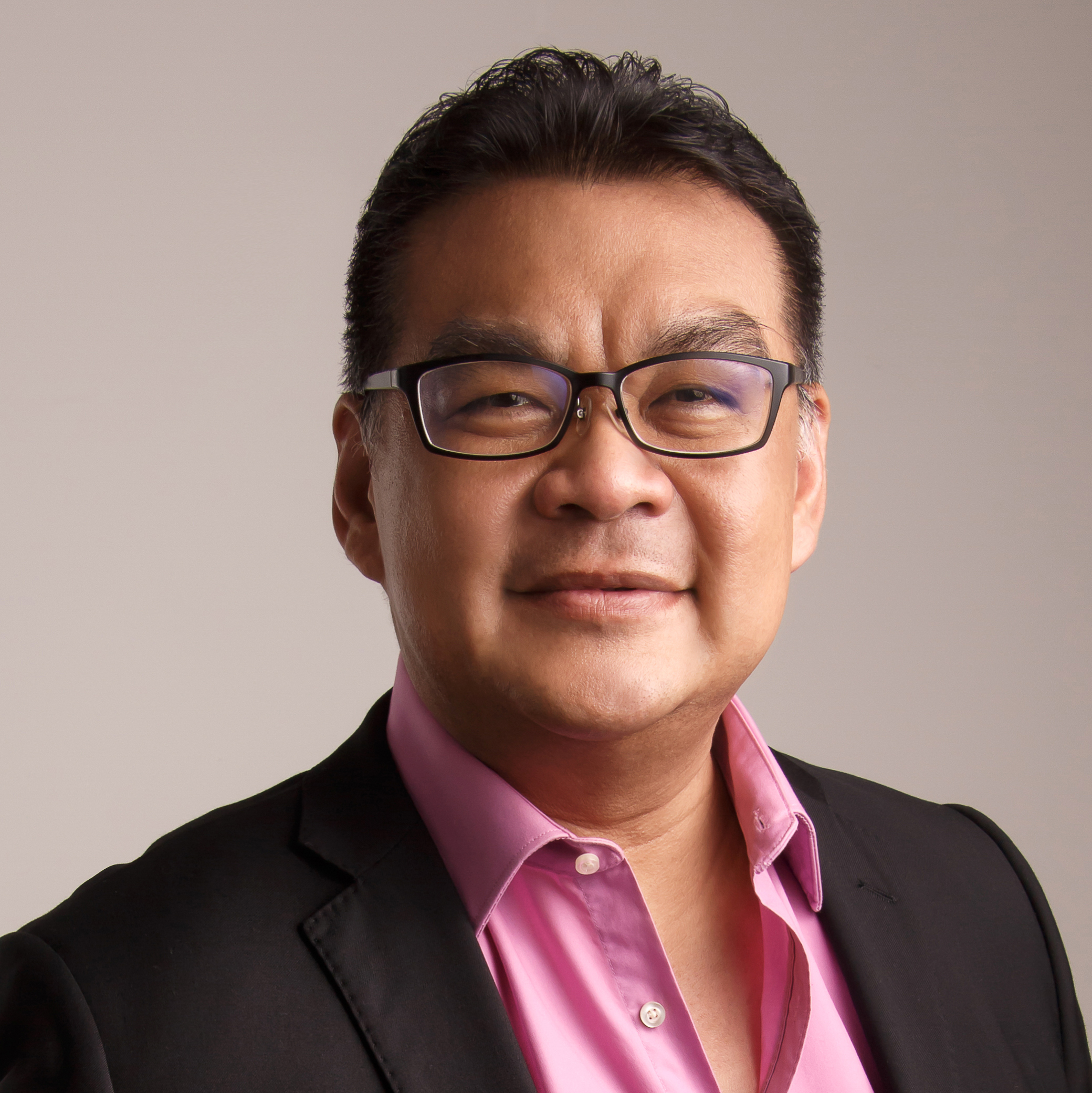Hanaa received this book as a birthday present from her friend Tshi Ven and Hanaa then invited me to read the book so that we could discuss the storyline together.
Having no preconceived notion or expectation of the book, I began to read it and was quickly caught up in the lives of Hoonie, Yangjin, Sunja and life in Korea during the Manchurian war.
I really enjoyed the storytelling, the development of the characters during the earlier and middle parts of the book. From when Sunja traveled to Japan, established herself as a cook and doting mother and sister in law. And the development of her children from infant to successful businessmen with their own families and issues.
I did feel that towards the latter part of the story, the story became a bit forced. I mean, was there so much same associated to being a Korean in Japan that compelled Noa to take his life? What was the point of the section about Yokohama park and free and same sex? And finally, what was the author trying to convey with the scene about the fingerprinting of Solomon and the Japanese administrator’s attitude.
Overall, the credit built up from the initial storytelling beginning from the Manchurian war to post 2nd World War was enough to offset these small diversions from what is otherwise a wonderfully laid out and woven together epic story of a family surviving through the end of Japanese imperialism, the splitting of the Koreas and Japan under American rule was breathtaking.
What did I learn from this book?
Some books are there to entertain us. Pachino did that while also educating me about life during a not-so-distant turbulent time of which I had some similar experiences.

